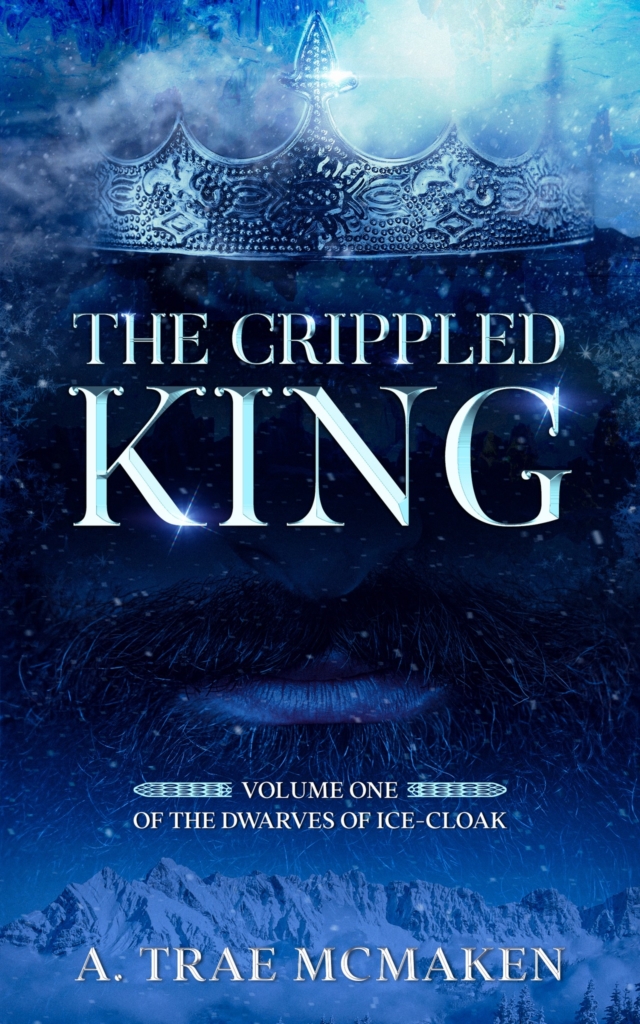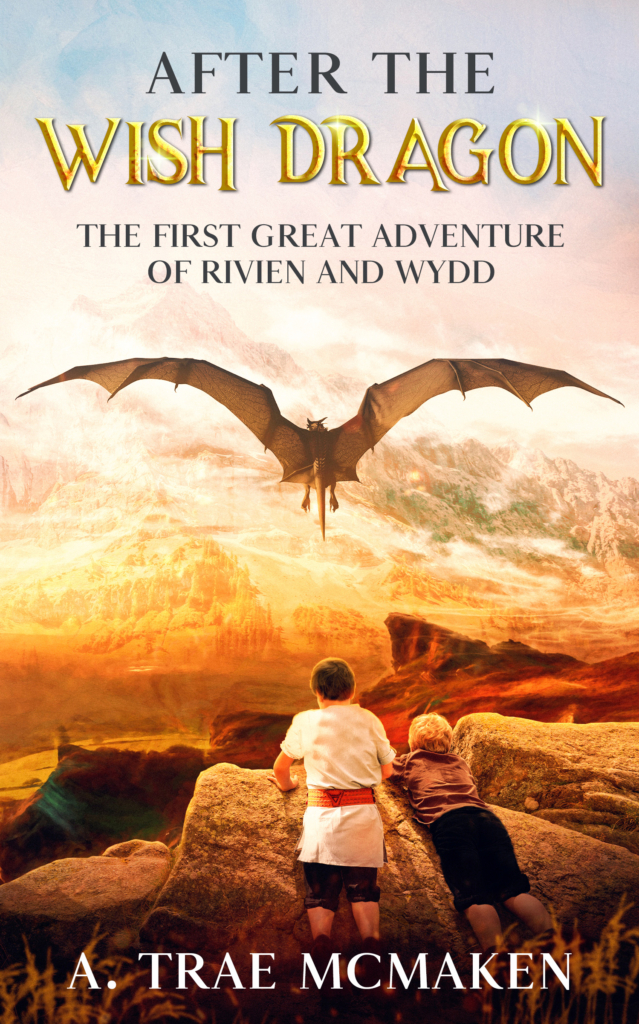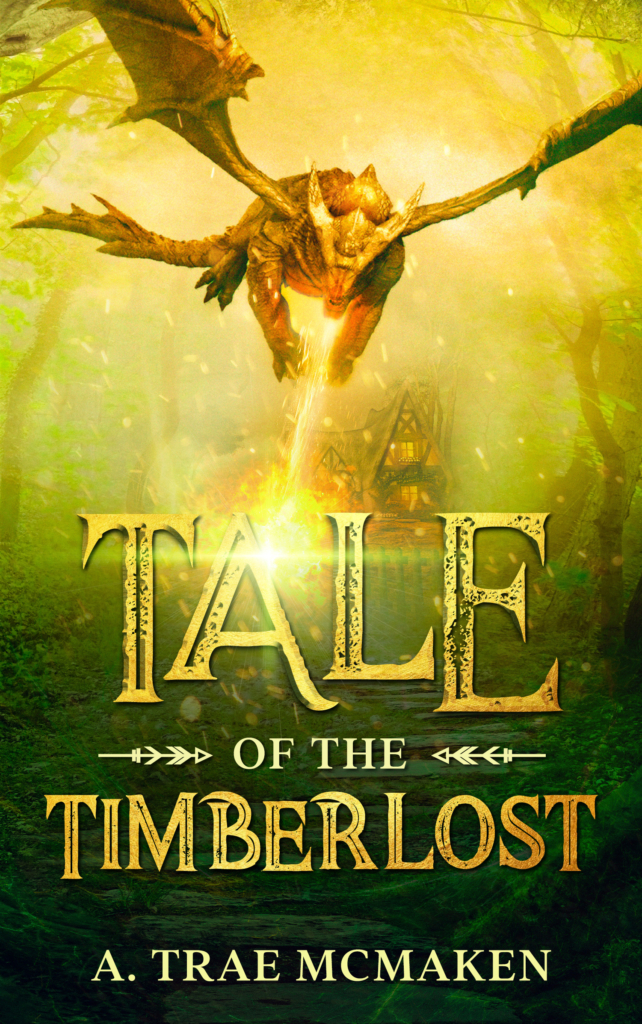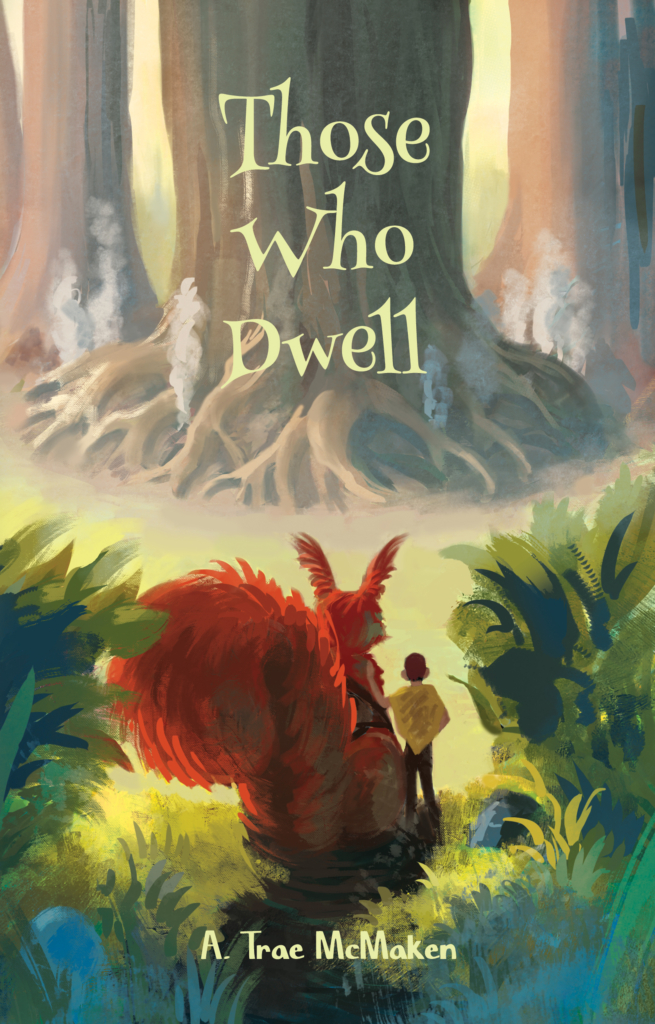It seems as if an era has ended. Christopher Tolkien, third son of J. R. R. Tolkien and heir to his literary estate, has passed away at age 95. I'm not aware if Mr. Tolkien shared the deep religious convictions of his father, but on this side of eternity, it's a sad day. For many years, Christopher Tolkien was the guiding force behind the public acceptance of his father's work, publishing nearly everything that the elder Tolkien had wished to be published but did not live long enough for, including The Silmarillion and the 12-volume The History of Middle-earth. Basically, modern Tolkien fans owe nearly everything to Christopher.
It's become a familiar talking point that he was not fond of Peter Jackson's film adaptations of The Lord of the Rings, and although he stepped down as chairman of the estate a few years ago, I'm not sure he would have been too fond of the developments in Amazon's directions with its own series (I haven't heard much about it, so that's just an assumption). It remains to be seen how the IP will be handled now in the wake of his death. One can only hope that it will be sincerely respected.
The news can be found here: https://www.tor.com/2020/01/16/christopher-tolkien-architect-of-j-r-r-tolkiens-middle-earth-obituary/?fbclid=IwAR3PpVIp7Beu7Ne2QJrpVnHHKC6vi7N_GzER7dq81M2qhY9BkpQ6rmsr5CU
It's become a familiar talking point that he was not fond of Peter Jackson's film adaptations of The Lord of the Rings, and although he stepped down as chairman of the estate a few years ago, I'm not sure he would have been too fond of the developments in Amazon's directions with its own series (I haven't heard much about it, so that's just an assumption). It remains to be seen how the IP will be handled now in the wake of his death. One can only hope that it will be sincerely respected.
The news can be found here: https://www.tor.com/2020/01/16/christopher-tolkien-architect-of-j-r-r-tolkiens-middle-earth-obituary/?fbclid=IwAR3PpVIp7Beu7Ne2QJrpVnHHKC6vi7N_GzER7dq81M2qhY9BkpQ6rmsr5CU





